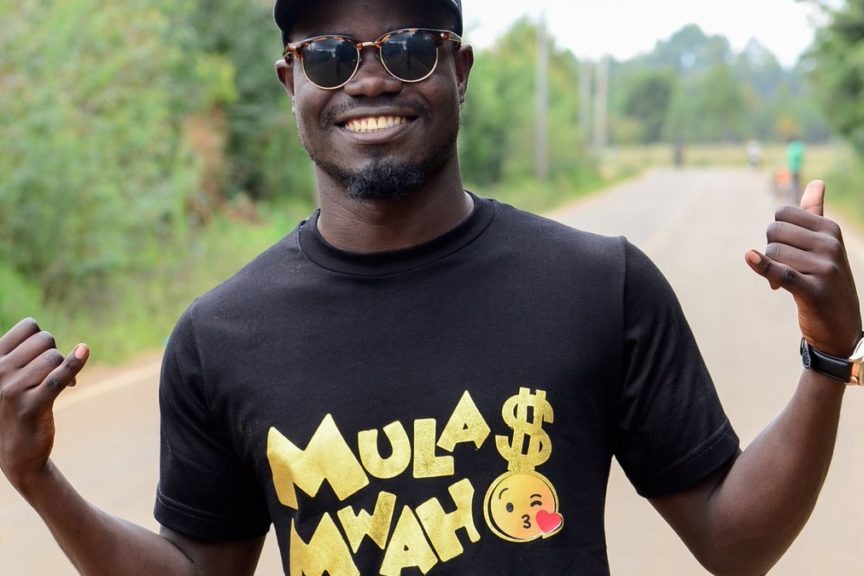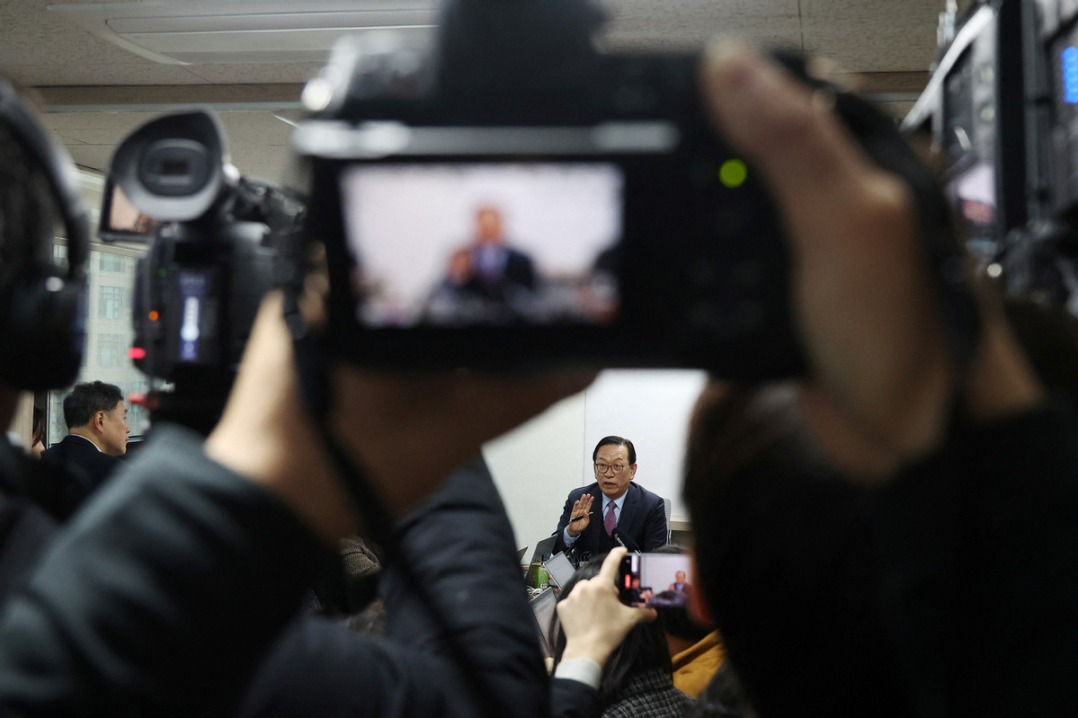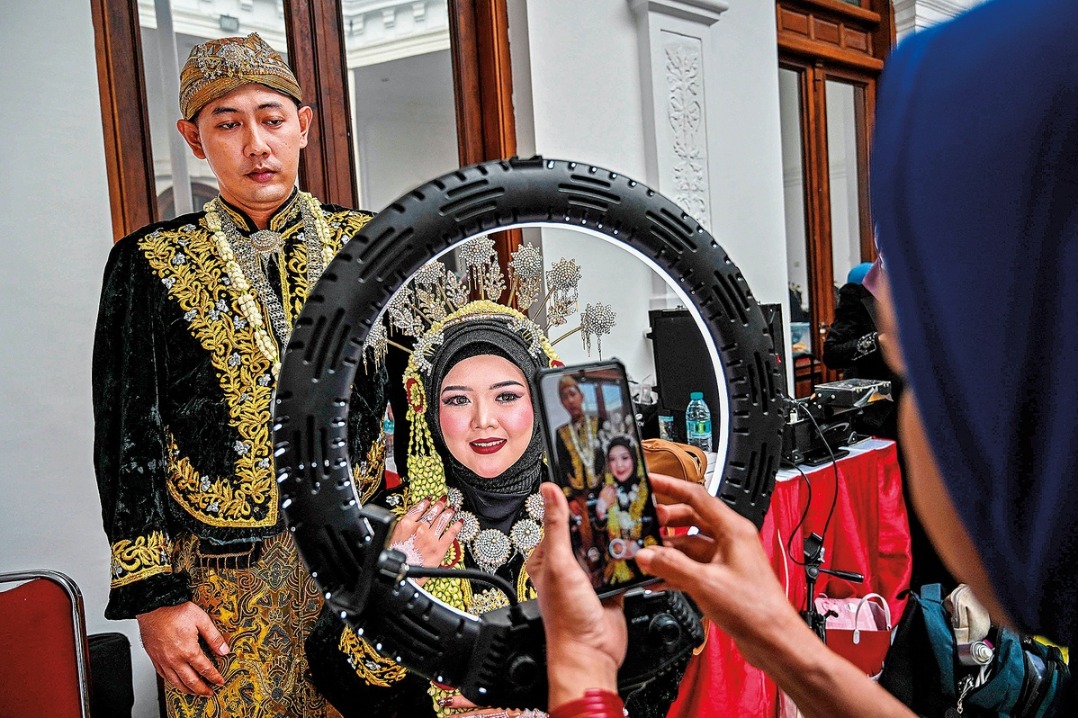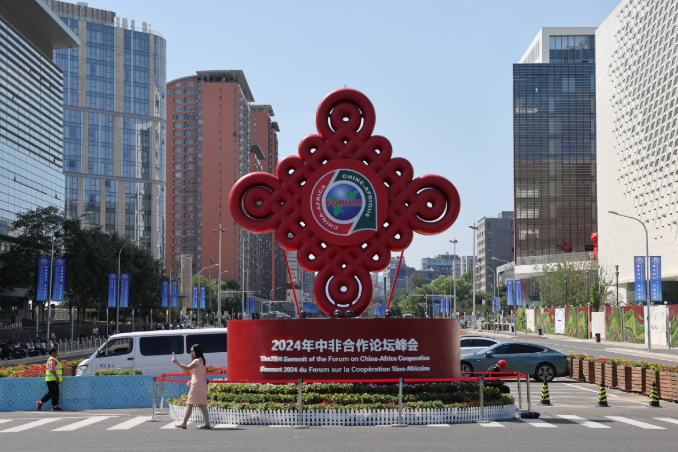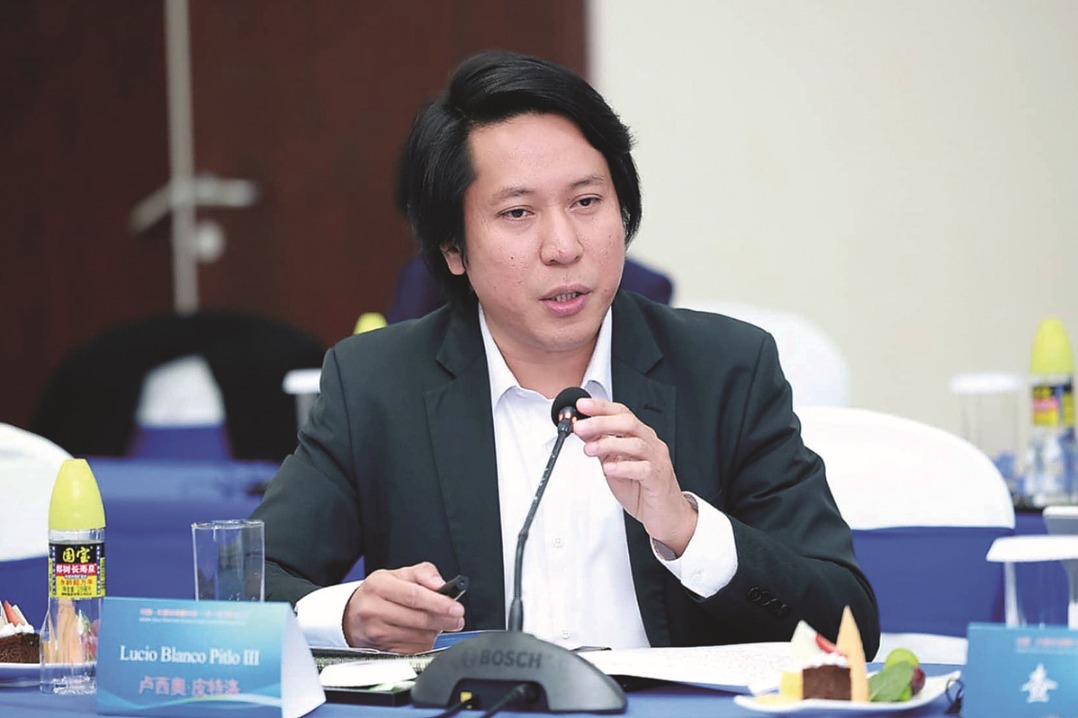West's fake news takes hypocrisy to new highs

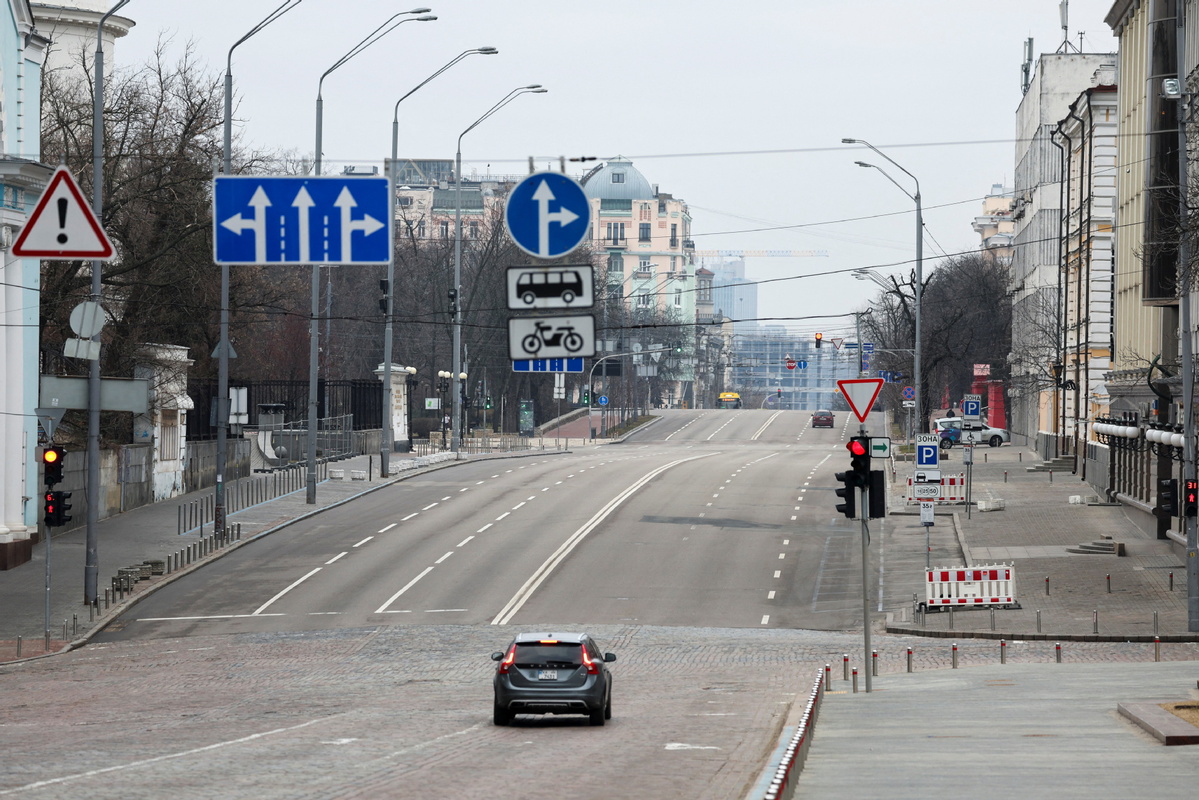
US and allies direct media to spread lies, but disinformation exposed, experts say
The United States-led Western countries have been spouting pure hypocrisy and double standards during the Russia-Ukraine crisis, and they are even trampling on values that they once claimed to cherish, such as freedom of speech, through the media outlets they control.
Moreover, Western countries have also spread disinformation and fake news to smear others based on their own interests. Western media outlets, under the guise of press freedom, have become the mouthpieces of money politics, observers said.
The US-led West has imposed pervasive indiscriminate economic and political sanctions on Russia over the Ukraine conflict. Among those is a series of sanctions on Russian media organizations such as RT and Sputnik and senior figures working for them. Major social media platforms, including Facebook and Twitter, have also banned Russian media outlets.
Western countries have even imposed sanctions on Russian sports, cats, dogs, and the classic ballet piece Swan Lake by Pyotr Ilyich Tchaikovsky who died over 100 years ago, indicating that values that the Western world has always cherished such as "freedom of speech", like "art knows no borders "for instance, no longer work.
While banning Russian media outlets, many Western countries' governments and mainstream media outlets have been churning out disinformation and fake news about the Ukraine crisis, which is totally "a propaganda campaign "and has hugely misled public opinion, said Ding Yifan, a research fellow at the Development Research Center of the State Council's Institute of World Development.
"It shows that the US-led West has been very hypocritical and imposed double standards on the issue of freedom of speech," he said. "What is worse, they have produced fake news to smear others."
These fake news items include a report circulating in Western mainstream media that Russia had requested "military equipment and other assistance" from China in the Ukraine crisis.
Biased reporting
"Western countries' control over their media has come to a point where things are more ridiculous than we imagined," Ding said. "It is obvious that a large amount of biased reporting and disinformation we have read on Western mainstream media is serving their governments' positions in the Ukraine crisis."
Western social media platforms, which were considered to respect freedom of speech, have also proved amid the Ukraine crisis that they are firmly controlled, although it is unclear whether it is by the government or the capital, he added.
Oleg Dmitriev, an adviser to Sputnik International News Agency, said that he, as a journalist and a scholar, is totally against the Western countries' banning of Russian media outlets over the Ukraine crisis.
While "accusing Russian journalists of propaganda and even threatening them with prison sentences", Western mainstream media have fake news that is coming from false sources published, he said.
He said that mainstream Western media, like CNN, BBC and Fox News, have failed to make objective reports about Russia for a long time.
They tend to believe that "Russians were doing something secret, the Russian threat, Russian hackers and Russian interference into things", and they just ignore the facts, he said.
"As journalists, you have to respect all points of view, all the facts, and banning of the media is the worst that you can think of," he said. "This is discrimination against Russian journalists."
Lara Logan, a journalist from the United States and winner of a number of Emmy Awards, said recently that Western media outlets do not recognize the real situation in Ukraine.
"I really think that there is a lot of disinformation that we haven't seen before … We are being driven into this box where we have to hate Vladimir Putin, believe everything bad that is said about him, and love Ukraine. And there's nothing in between," Logan said on Real America's Voice.
Tom Fowdy, a British political and international relations analyst, said that when the US government makes a claim or statement, the Western media have a habit of reporting whatever it says as a fact, as opposed to assessing the political agenda that may be behind it, or the evidence to back up such a claim.
While claims by countries such as China are subject to frequent attacks and scrutiny, or are dismissed as "propaganda" or "misinformation", everything the US says is reported as fact. This allows Western media to repeat the US narrative as it pleases without questioning it, which the Western public subsequently believes, Fowdy said.
Recognizing this issue, US government officials have developed a pattern of propaganda whereby they provide "anonymous leaks" to certain Western newspapers, which then publish such unverified claims under the tag of an "exclusive story", he added.
















